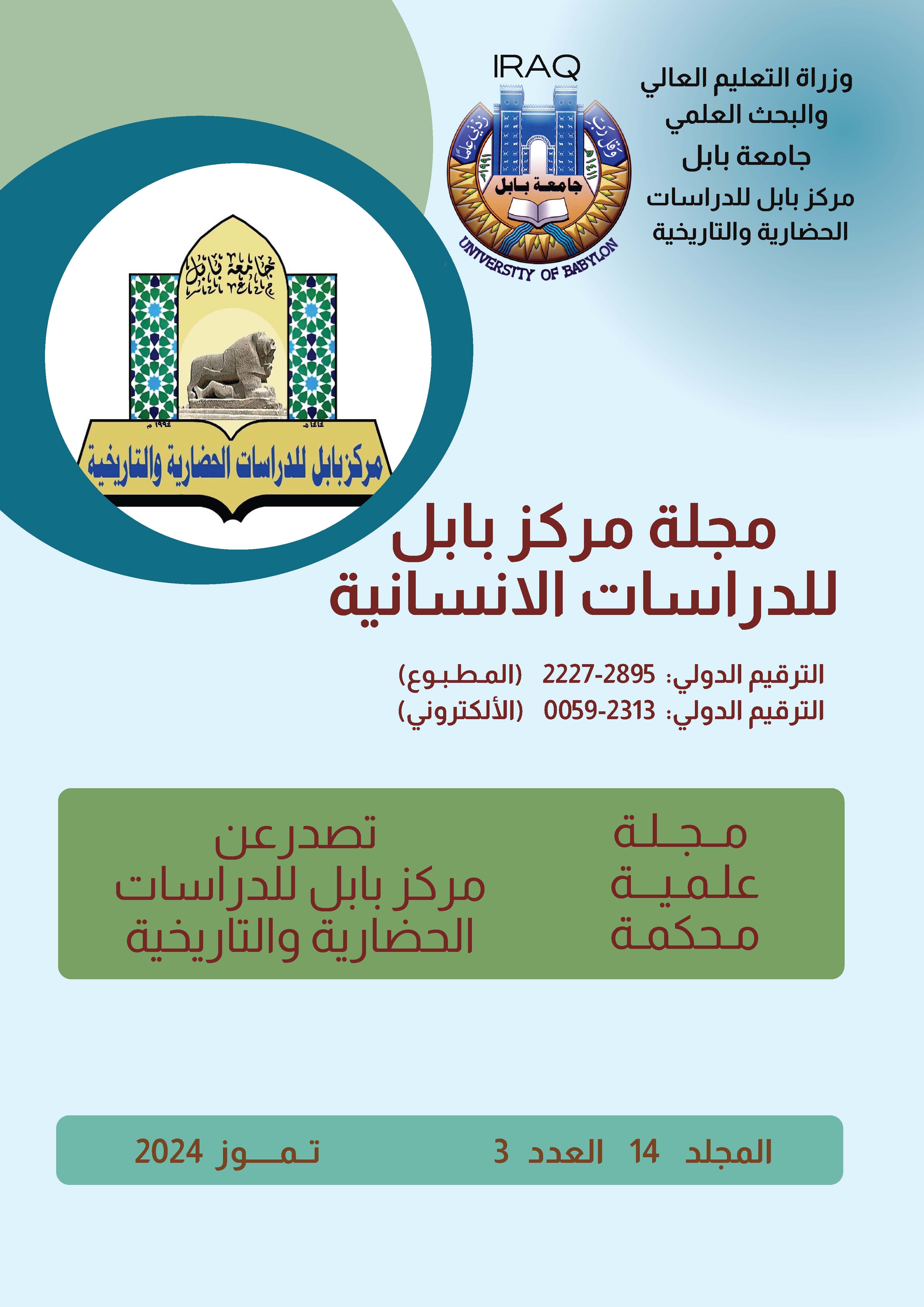Legal regulation of customs and tax policy in Iraq in light of the market economy
Keywords:
Legal regulation, customs policy, market economy, IraqAbstract
This study was prepared to reconsider customs policy In Iraq, given the challenges the economy Is currently facing, and In order to enhance economic reality and get rid of excessive dependence on oil revenues. Customs revenues are considered an essential part of economic and financial policy, as they play a major role In economic development by imposing customs tariffs on Imported goods and goods, and directing other sectors such as the Industrial, agricultural and commercial sectors. Customs revenues are considered an Important source of financing the state’s general budget, as Imports constitute a large percentage of the protected consumption of goods and merchandise of all kinds, as a result of economic openness and the transition from a central market economy to an open market economy. Despite the large volume of these Imports, it Is noted that customs revenues do not constitute a sufficient percentage of the state’s general budget revenues. The research also revealed the presence of other factors that affect customs revenues, such as economic, political and security factors. The human element represented by our study is the employees of the General Authority of Customs, their element in the customs transaction and its role in economic development through increasing customs revenues, which are among the resources of the state’s general budget. The procedures for completing the customs transaction have a major role in the process of increasing customs revenues, and the simpler and uncomplicated these procedures are, the more customs revenues increase by encouraging importers and exporters to increase their economic activity (import and export) and encourage investors to increase their economic activity. The Tariff Audit Department at the Center The General Authority of Customs contributes significantly to increasing customs revenues, as it is the last and most important link to preserving public money.







